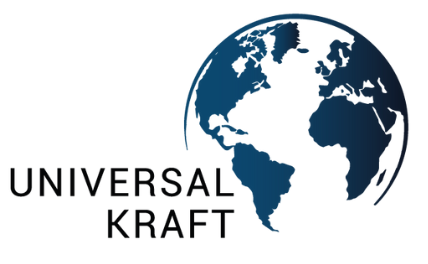
New report by the organization Global Alliance for Incinerator Alternatives found that waste solutions could slash carbon emissions by the equivalent of the annual emissions of 300 million cars.
Governments around the world have pledged to reduce emissions of methane (CH4) — which absorbs 80 times more solar radiation over short periods than carbon dioxide — in their battle to curb global warming. Human-induced sources of the powerful greenhouse gas are largely from livestock and manure handling, which accounts for some 30% of anthropogenic methane emissions, followed by the oil and gas sector (19%) and landfills (17%), according to U.N. climate experts.
According to a recent analysis by the Global Alliance for Incinerator Alternatives (GAIA), carbon emissions in the waste solutions sector may be reduced by the same amount as the yearly emissions of 300 million cars with minor adjustments, especially in urban areas. The authors looked at “zero waste” strategies, like separating organic materials, composting, recycling nonorganic material and overall reductions in discarded products.
GAIA aims to power a transition away from our current linear and extractive economy and towards a circular system that supports people’s right to a safe and healthy environment. This entails fighting pollution and building regenerative solutions in cities through local campaigns, shifts in policy and finance, research and communication initiatives, and movement building. GAIA works on four primary points of intervention: incineration, zero waste, plastic, and climate.
Know more here

Other interventions can eliminate greenhouse gas emissions outside of landfills. For example, “source reduction” can reduce climate pollution by avoiding the production of excessive amounts of goods in the first place. This could be accomplished through bans on single-use plastics, which emit greenhouse gases at every stage of their life cycle. Enhancing reuse and recycling facilities can also reduce emissions by eliminating the need to mine new materials. For example, producing a recycled aluminum can requires around 95% less energy than producing a fresh aluminum can.
After modeling possible emissions reductions from eight locations worldwide, the researchers discovered that they could reduce emissions from the waste solutions sector by about 84% on average. Approximately thirty percent of the rise in global temperatures to date can be attributed to methane. Although the potent greenhouse gas is much more effective at trapping heat, it remains in the atmosphere for a much shorter period of time than CO2. Levels of the gas are their highest in at least 800,000 years.
Zero waste systems are versatile strategies that aim to continually reduce waste through source reduction, separate collection, composting, and recycling. Over 550 municipalities around the world are already implementing zero waste, in a wide range of economic, social, climatic, and legal contexts. Furthemore, these systems are cost-effective to implement and produce fast results.
GAIA report
The report was organized around the three overarching positive impacts of incorporating zero waste solutions into current waste management methods: climate mitigation, climate adaptation and additional societal benefits.
ALSO READ WHY WASTE-TO-ENERGY IS AN EMERGING INVESTMENT FOR INDUSTRIES

Waste can represent an important 24/7 base power, especially if used in a small or medium sized plant. In order to identify the best solutions, Universal Kraft collaborates with a number of technical partners. These partners include the patented EPGS pyrolysis technology, which offers small, scalable, adaptable, and efficient solutions for turning a wide range of wastes into energy.
Our main interest is to bring waste into a circular context in smaller communities, in combination with sustainable actions. As solid waste and organic compounds in industrial wastewater and residue water are some of the feedstock that offer untapped energy potential.
Not only may trash be a problem, but it can also be a solution if non-recyclable waste is converted into a useful resource for the entire community.
Discover our Waste Solutions projects here.




